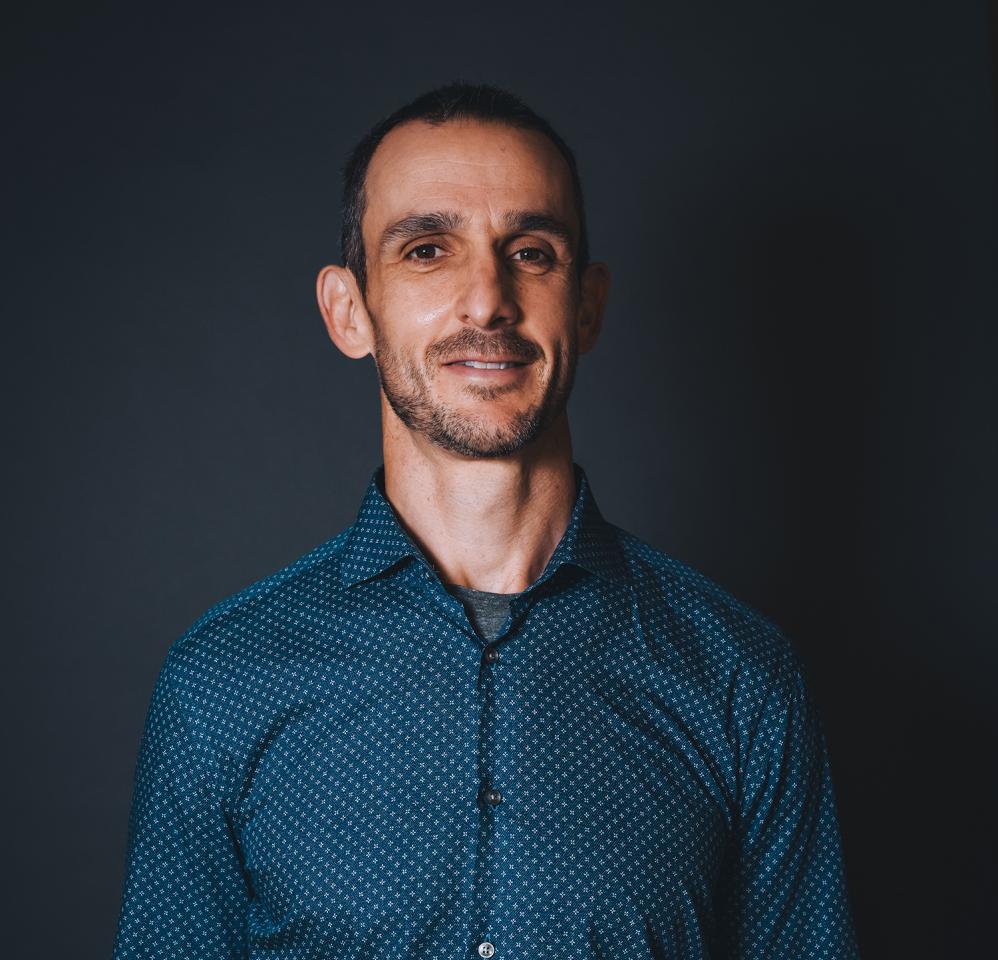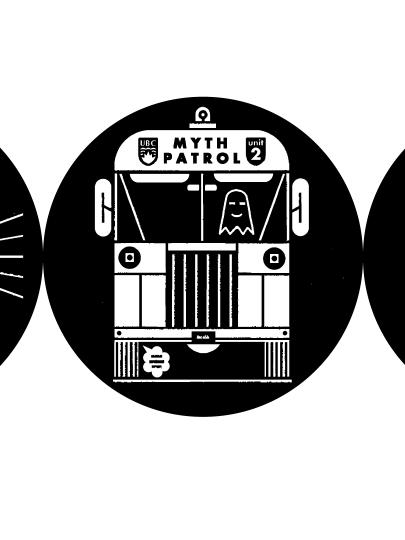
Thinking like an entrepreneur
Is an entrepreneurial mindset an advantage in times of change and job uncertainty? And is it something that can be learned? The following edited highlights are from an interview on this topic with Grant Munro, BSc’01, co-founder of Flashstock Technology, which in 2017 was acquired by Shutterstock for CAD$75 million. More recently, Munro founded a B2B venture studio aimed at launching three to four new software businesses a year, and this fall he joined the board of alumni UBC.
To listen to the full podcast, visit alumni.ubc.ca/careers
Observation
IT'S ABOUT BEING PROACTIVE
An entrepreneurial mindset means creating your own opportunities versus filling an existing role. It allows you to think a little bit differently and be tactical.
What stands out with entrepreneurs is that they have, at a relatively young age, a good perspective in terms of what they want to do. Most do things that they're interested in and passionate about. Others aren’t happy with just getting a day job and want a certain lifestyle. And so they come to this realization that starting their own business is the path forward.
Takeaway
FIND YOUR NORTH STAR
If you don't have conviction in your direction, you don't have a career plan. If you don't have that North Star, then you’re never going to have that framework to make those types of decisions.
Figuring out what you want to do should be your priority, because if you do something that you don't generally want to do, you will not be successful at it. As soon as you figure it out, it gets so much easier. When you're a new graduate, the one thing that you have as an advantage is time, so try different things.
The more breadth of experience you get, both professional or personal, the more you're going to start to notice what you naturally gravitate to. What are the things that don't require a lot of energy? What are the things that you can work on much longer than others? What are the things you get excited about? Use those signals to tell you what you actually like, and from that derive a better plan.
Observation
IT’S NOT ABOUT EGO
There's no ego involved. A lot of entrepreneurs are interested in fields in which they may not have expertise, and they'll go out and learn as much as possible and be really humble. They won't assume that they know everything. And then, when they've identified something that they think is meaningful, they don't sit on it for months and years – they actually go out and do something about it.
Entrepreneurs are not visionaries, generally. They are people who take these sideways glances, and they notice problems.
Takeaway
HAVE A PLAN
And so what if you take that mindset into any capacity, whether you're looking for your first job, or you've lost your job and you're looking for another?
No matter what position or what role you’re interested in, there are hundreds of people out there who have done it already. Go and introduce yourself. Say: Hey, I want to learn about all the stuff that you do. People love talking about themselves.
To achieve something meaningful, you have to break it out into big blocks. Know what you want to do, and then work backwards from there. Most people go through life just taking one opportunity at a time, and not thinking about what's next and what's next and what's next. But if you're able to do that, I think it gives you way more perspective in terms of your career choices.
Once you've realized what your goal is, there are tangible steps that you can take every week to move the ball forward to get you to there. A planning mentality, coupled with a long-term perspective on your life and how long things actually take, is really powerful.
Observation
IT’S HIGHLY CREATIVE
I think starting a business, building a product, is one of the ultimate manifestations of creativity. The general folklore around startups on the tech scene is that someone's walking down the street, and this light bulb appears over their head, and they run off to start this amazing world-changing company. But that’s not how it works. I've interviewed more than 50 founders in the last three or four weeks about how they came up with their idea. In most cases, it's derived from the identification of a problem.
Entrepreneurs are not visionaries, generally. They are people who take these sideways glances, and they notice problems. They ask questions like: Why is it like this? And what if it was like this? And how would I do that?
Takeaway
PAY ATTENTION
You can't read a book or take a course and become an entrepreneur. It's much more of an apprenticeship. The acquisition of an entrepreneurial mindset takes practice and time and mentorship. Once you're thoughtful about it and you do it in practice, it becomes really straightforward.
There's always a mindfulness component. Instead of sticking your nose in an Instagram feed, keep your head up and observe the things around you – simple things. If you're waiting in line to order a coffee, for example, observe what the interaction is like and ask: Why is it that way? Are there opportunities to make it better? Maybe not. But if you practice asking those types of questions, it will become your default mindset and you'll start to see problems everywhere. And I think that's the point where it gets really interesting for people.





























